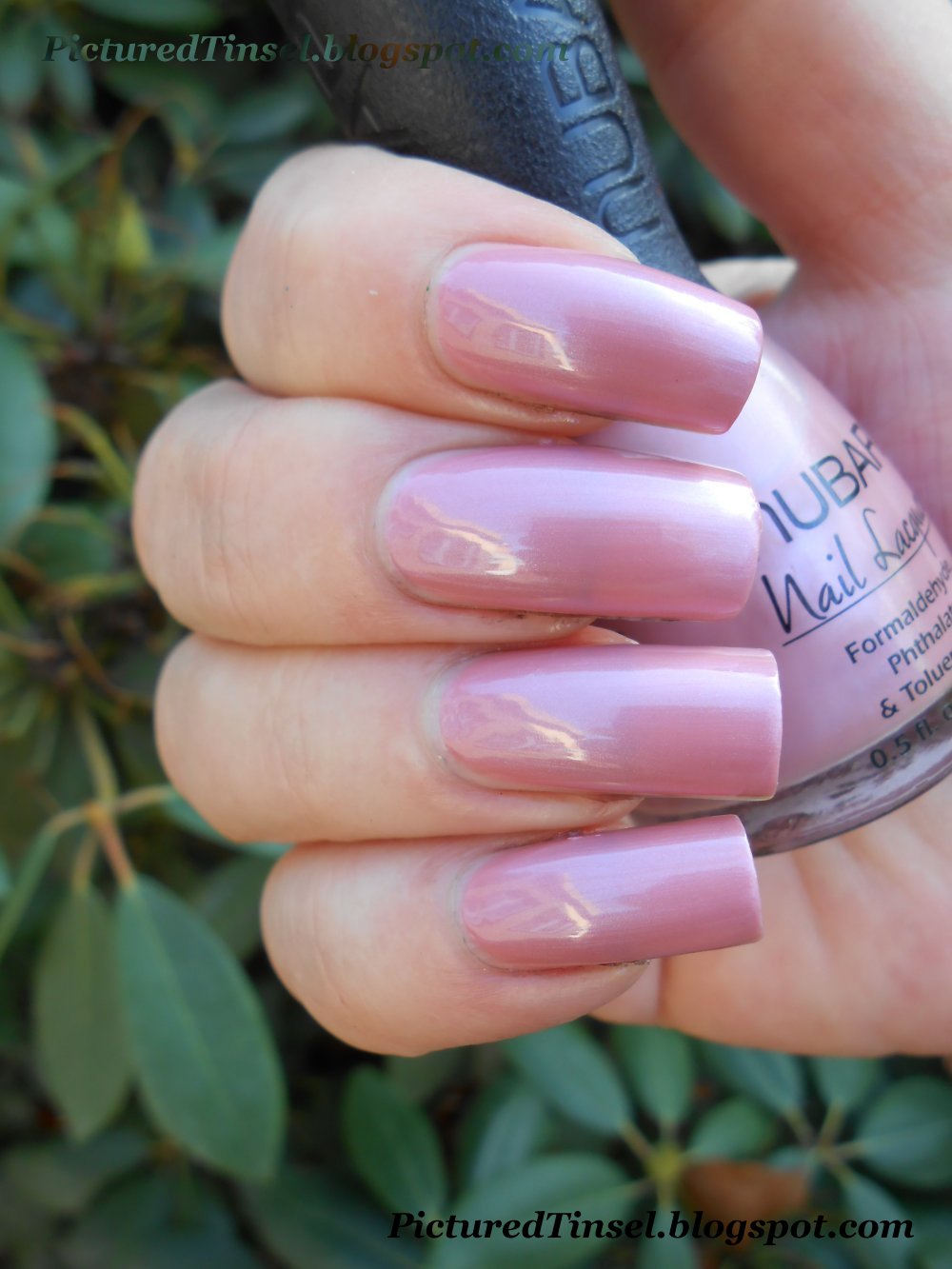Leicht perliges refers to the delightful experience of enjoying sparkling wines, which are characterized by their effervescence and refreshing qualities. This article aims to provide an in-depth exploration of sparkling wines, including their origins, types, and the best ways to enjoy them. Whether you are a novice or an aficionado, you will find valuable insights that enhance your appreciation of these bubbly beverages.
With numerous types of sparkling wines available globally, it can be overwhelming to choose the right one for various occasions. This guide will equip you with the knowledge needed to select the perfect bottle, whether for a celebration, a casual gathering, or a romantic dinner. Let’s embark on this bubbly journey and discover the world of leicht perliges!
Table of Contents
- 1. The History of Sparkling Wine
- 2. Types of Sparkling Wines
- 3. How Sparkling Wine is Made
- 4. Tasting and Enjoying Sparkling Wine
- 5. Food Pairings for Sparkling Wine
- 6. Serving Sparkling Wine
- 7. Popular Sparkling Wine Brands
- 8. Conclusion
1. The History of Sparkling Wine
The history of sparkling wine is as effervescent as the drink itself. Sparkling wines have been produced for centuries, with their origins dating back to the 17th century. The first documented sparkling wine, known as "the devil's wine," was created in the Champagne region of France.
Initially, sparkling wine was seen as a mistake, as fermentation in the bottle caused the wine to bubble. However, winemakers soon embraced this unique quality, leading to the creation of sparkling wines that became popular throughout Europe.
Today, sparkling wines are celebrated worldwide, with various regions developing their own methods and styles, contributing to the rich tapestry of flavors and experiences available to wine enthusiasts.
2. Types of Sparkling Wines
There are several types of sparkling wines, each with unique characteristics. Here are some of the most notable categories:
- Champagne: Exclusively produced in the Champagne region of France, this prestigious sparkling wine is made from specific grape varieties and undergoes a meticulous production process.
- Prosecco: Originating from Italy, Prosecco is known for its fruity flavors and lighter body, making it a popular choice for casual sipping.
- Cava: This Spanish sparkling wine is typically made using the traditional method and is known for its complex flavors and affordability.
- Frizzante: A semi-sparkling wine, Frizzante has a lower level of carbonation than fully sparkling wines, offering a gentler effervescence.
- Spumante: This category includes fully sparkling wines with high levels of carbonation, providing a bold and lively drinking experience.
3. How Sparkling Wine is Made
The production of sparkling wine involves a unique fermentation process that creates its signature bubbles. The two primary methods used to produce sparkling wines are:
3.1 Traditional Method
The traditional method, also known as méthode champenoise, involves a secondary fermentation process in the bottle. This method is used for Champagne and other high-quality sparkling wines. The steps include:
- Primary fermentation to create base wine.
- Addition of sugar and yeast for secondary fermentation in the bottle.
- Riddling to collect sediment in the neck of the bottle.
- Disgorgement to remove the sediment and add dosage for sweetness.
3.2 Charmat Method
The Charmat method is a faster and more cost-effective process used primarily for producing Prosecco and other sparkling wines. It involves:
- Primary fermentation to create base wine.
- Secondary fermentation in large pressurized tanks.
- Filtration and bottling under pressure to preserve bubbles.
4. Tasting and Enjoying Sparkling Wine
Tasting sparkling wine is a sensory experience that involves assessing its appearance, aroma, and flavor. Here are some tips for enjoying sparkling wine:
- Observe the color and clarity of the wine.
- Swirl the glass gently to release aromas.
- Take a moment to inhale the fragrance before tasting.
- Take small sips to savor the flavors and the effervescence.
5. Food Pairings for Sparkling Wine
Pairing food with sparkling wine can elevate the dining experience. Here are some popular pairings:
- Champagne pairs well with oysters, caviar, and fried foods.
- Prosecco complements light dishes like salads and seafood.
- Cava is versatile and can be enjoyed with tapas and grilled meats.
6. Serving Sparkling Wine
The way sparkling wine is served can enhance its enjoyment. Consider the following tips:
- Chill sparkling wine to the ideal temperature (45-50°F or 7-10°C).
- Use appropriate glassware, such as flutes or tulip-shaped glasses.
- Pour gently to preserve the bubbles and minimize overflow.
7. Popular Sparkling Wine Brands
Several brands are renowned for their exceptional sparkling wines. Here are a few to explore:
- Moët & Chandon: A prestigious Champagne house known for its luxurious offerings.
- Veuve Clicquot: Famous for its rich and bold Champagne blends.
- La Marca: A popular Prosecco brand known for its approachable style.
8. Conclusion
In conclusion, leicht perliges, or sparkling wine, is a delightful beverage that offers a range of flavors and experiences. From its rich history to the various styles and production methods, understanding sparkling wine can enhance your appreciation for this effervescent drink. We encourage you to explore different types of sparkling wines and discover your favorites.
Have you enjoyed a memorable sparkling wine recently? Share your experiences in the comments below, and don't forget to explore more articles on our site!
Thank you for joining us on this journey through the world of sparkling wine. We hope to see you again soon for more exciting content!




